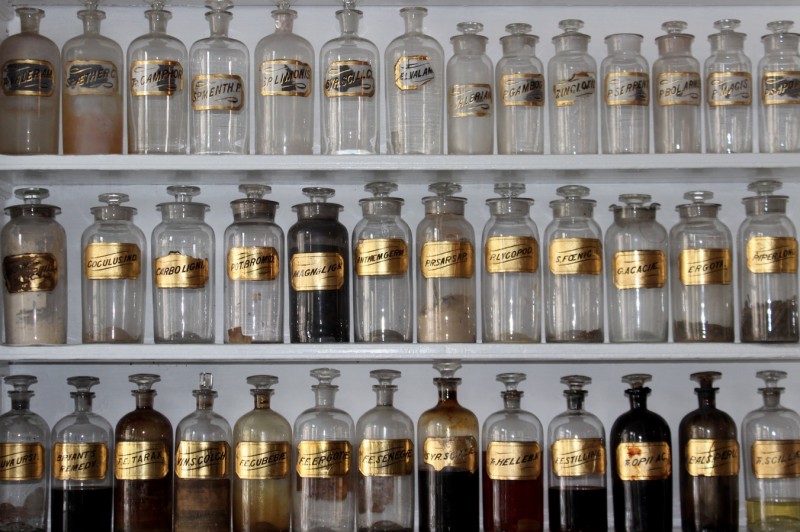
Recent research has suggested that homeopathy may have a strong scientific basis. Noted Nobel prize winner and virologist Luc Montagnier, who discovered the link between HIV and AIDS, told an international conference that water can in fact retain the memory of substances it comes into contact with. This strikes a common chord with the principles of homeopathy.
Montagnier found that when the DNA of bacteria and viruses was added to water, the solution "could emit low frequency radio waves", which prompted the molecules in the water to re-arrange themselves into nanostructures and emit radio waves. Once the solution was significantly diluted and traces of the DNA were removed, it was found that the water still had ‘memory’ of the substances that had been in the solution. Montagnier argues that doctors may be able to detect diseases by examining these emissions.
Homeopathic bodies around the world have celebrated the discovery, with the British Homeopathic Association heralding Montagnier’s work as giving homeopathy "a true scientific ethos".
What is Homeopathy?
Discovered in the late 1700’s, homoeopathy is a low-cost, non-toxic system of medicine. The system of homoeopathic healing assists the natural tendency of the body to heal itself. It recognises that all symptoms of ill health are expressions of disharmony within the whole person and that it is the patient who needs treatment not the disease.
The basis of homeopathy is that the more dilute a particular remedy is, the greater its potency. This is referred to as the Law of the Infinitesimal Dose. Remedies are usually prepared through a process of diluting with pure water or alcohol and succussing (vigorous shaking).
For more information see, "The History of Homeopathy".
|
Do you have a natural health & wellness business? |









